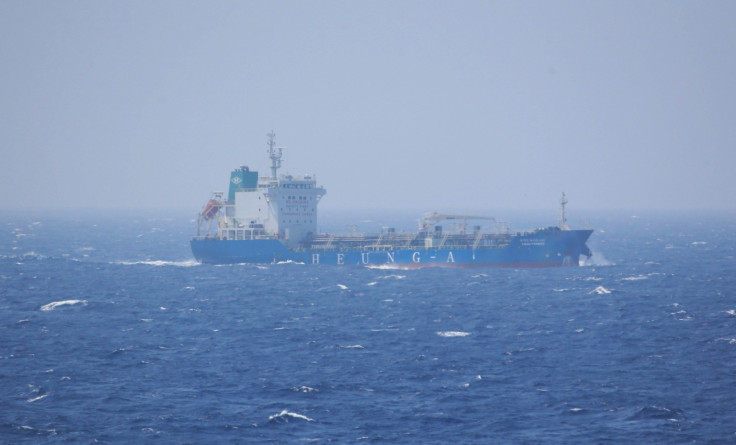'Ghost ships' en route to UK raise terror fears by 'going dark'
It is feared rogue vessels may be smuggling weapons, drugs and people for Isis and al-Qaeda.

Hundreds of "ghost ships" are sailing into British ports after carrying out suspicious manoeuvres near terrorist hotspots, it has been revealed.
While out at sea, vessels and other large cargo ships are routinely switching off their GPS tracking so they can disappear from radars and veer off course for hours at a time, an investigation by The Times has found.
It is not always clear what the purpose of such detours are. However, it has raised security concerns and caused speculation that the ships are "going dark" in order to smuggle weapons, drugs and people.
In its investigation, the newspaper worked with maritime data and analytics company Windward to examine thousands of journeys across busy straits all over the world.
In January and February of 2017 alone, there were 2,850 occasions when vessels switched off their automatic identification system (AIS) before entering European waters.
Though a number of those incidents will have been caused by technical failures, the majority were deliberate, sparking concerns of illicit behaviour.
One vessel "went dark" for 28 hours inside the area of the Port of Oran in Algeria, a region notorious for the tracking of arms, migrants and narcotics, according to the investigation.
Others disappeared near Libya, Lebanon and Syria and are feared to have been involved in exchanges with Isis and al-Qaeda.
The findings raise questions about how the UK polices such activity and whether it leaves Britain susceptible to terrorist attacks.
Admiral Lord West of Spithead, the former first sea lord, told The Times: "There has to be real concern over the picture of what's happening on the surface of the sea. It can be exploited."
Gerry Northwood, chief operating officer at Mast, the maritime risk management consultancy, said that cargo shipments to the UK were "nowhere near 100 per cent verified".
"The UK's ports still have much work to do when it comes to the inspection of containers and cargo, and many of those in Europe look to the UK's approach to shape their own," he said.
He added: "There's always that risk that something will get through. The terrorists only have to get it right once. We have to be wary – the UK has a long and complex coastline, which is difficult to watch all the time.
"Those who are adventurous and innovative will have a good chance of getting through."
© Copyright IBTimes 2025. All rights reserved.






















